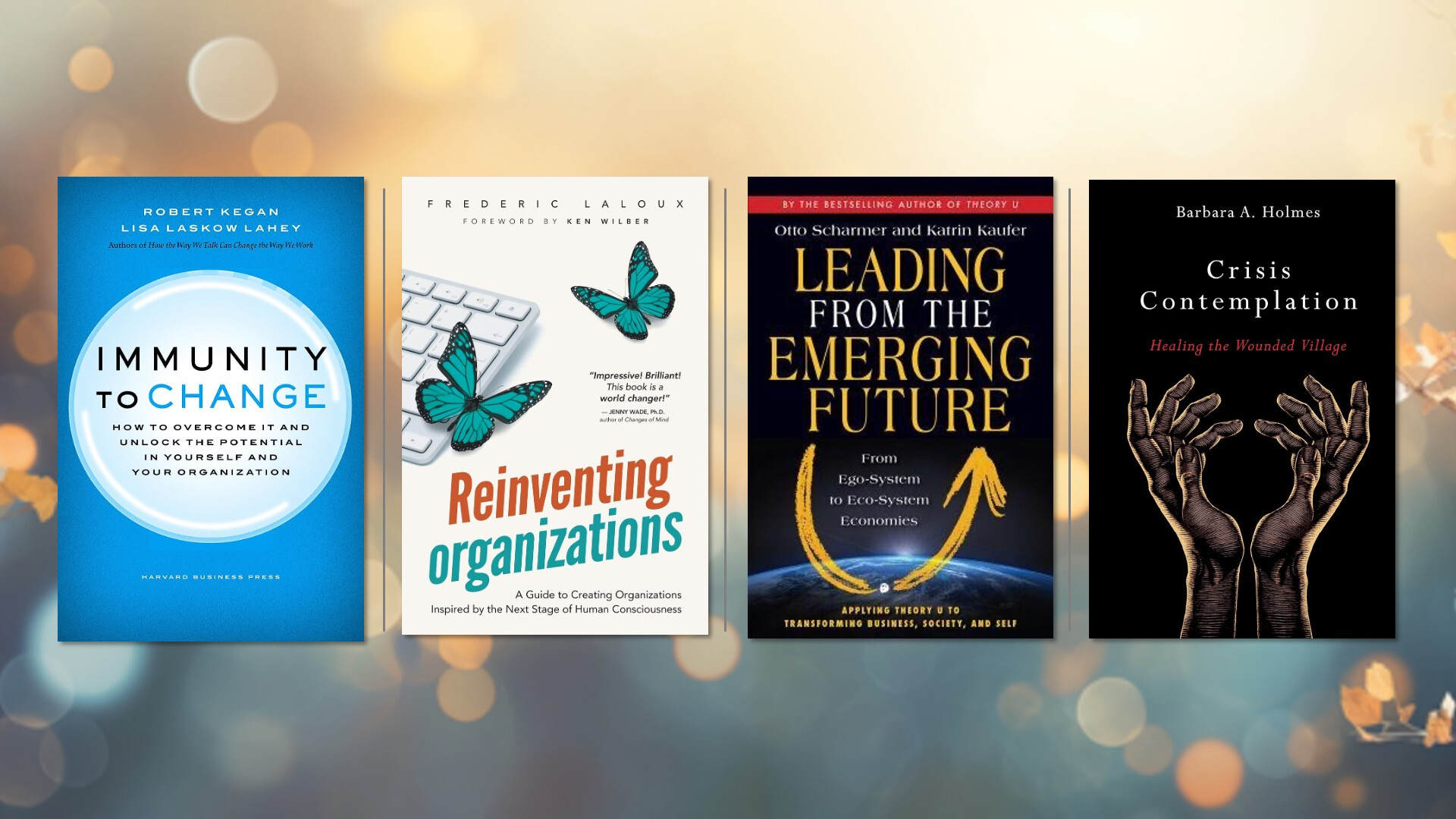
I have returned from the second of four residencies spiritually full, and my mind packed with new ways to look at leadership and organizations. Though Soul of Leadership was founded and is led by a Quaker, this course is not designed specifically for churches and Christianity. At this point, my understanding is the course seeks to connect who we are (soul) with what we do (leadership) in a way that benefits the purpose of the organization, the people who work/serve in the organization and the larger community to which an organization belongs. From my Christian perspective, this course brings the Gospel to life in practical ways, illuminating how to lead and organize ourselves as we become Christ to one another and in the world.
This course is very pertinent to how I serve as your pastor because seminary does not teach any kind of leadership or organizational practices. We (pastors, staff, and members) join in a relationship with one another only knowing what we have experienced. Yes, our faith can guide us, but realistically our default is what we know. This course shares other ways to lead and organize ourselves to nurture relationships, empower people’s gifts, and equip people to fulfill their purpose. I am grateful for the opportunity to be with others in different vocations and from different countries as we gain practical skills and insights for leading.
During the four-day residency in January, the facilitators introduced four books (see below for summary) to read over the next six months, with assignments for six papers. We were guided through exercises and reflections based on the books. Though the books and discussions gave us practical skills, they also led to beautiful exploration of our souls. We shared deeply, listened deeply and the Spirit spoke through each of us opening our hearts and minds to healing, insight, wisdom, and to live freely into our God-created being. Together, we embodied divine grace, love, and compassion. All of this “soul” gives us the power to lead in a way that nurtures community, creativity, and wholeness. From my Christian perspective this “soul” is the embodiment of the Gospel.
The Soul of Leadership is practical, soulful, AND FUN. There was plenty of laughter and silliness which another way to heal, imagine and create memories of a wee fairy mouse, a bee, a cow, and an orange taken to Alaska by a purple dragon. Do you know this story?
As of Jan 1, I became your designated Associate Pastor. I look forward to leading in a way we can co-create to become the Gospel to one another and for our community.

Immunity to Change by Robert Kegan and Lisa Laskow Lahey. Through fun and revealing exercises from the book, we became aware of the assumptions and worries we make that cause anxiety and procrastination, laying the groundwork to change both individually and as organizational groups.
Reinventing Organizations by Federic Laloux. This book looks at the evolution of organizations depicted in colors. Red: Fear used to keep order and control. Amber: Hierarchy maintains order and stability. Orange: Competition and achievement are valued above all else. Green: Empowerment and culture emphasized to accomplish goals. Teal is the next level which is the focus of this book. Teal organizations have self-managing teams that interact with one another in multi-level networks.
Leading from an Emerging Future: from Ego-System to Eco-System Economies by Otto Scharmer and Katrin Kaufer. This is very helpful book to shift from “me to we” and “ego to eco.” It gives practical strategies to help an organization to work for the good of the community.
Crisis Contemplation by Barbara Holmes. A very important look at how contemplation is important to both personal and communal crisis, and the intersection with historical events which have caused generational trauma.



